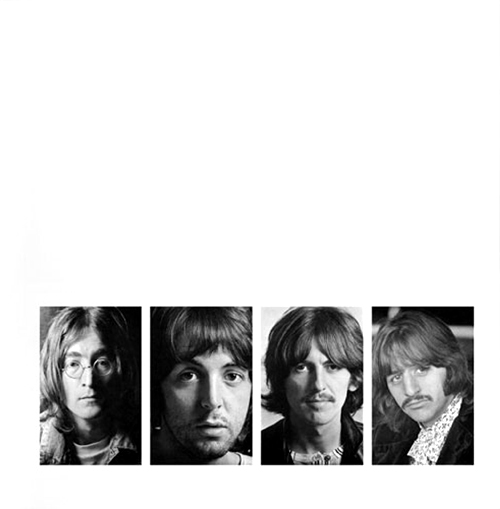
Çudamani, a sekaa (a communal club under the auspices of a ward) and a sanggar (a more tightly governed and broader arts organization) in the Balinese village of Pengosekan, is committed to studying and teaching Balinese music and dance; it is also a transnational arts phenomenon.
Çudamani is first a traditional sekaa, in the sense that it is committed to its local community, and one of the main missions of the troupe is to ngayah, or perform voluntary performance service at temple festivals. The original troupe was initiated in the late 1990s; today, the organization includes at least four different sub-groups (including children’s clubs).
The group is postmodern because of the transnational basis, the neotraditionalism, the mixing of new and traditional musics and the play of genre, the fluidity of local and global identities, and the fact that the troupe seems to defy preconceived notions of sekaa or sanggar and to transcend some principles upon which such organizations have been established. While its international notoriety distinguishes this group from most others, Çudamani’s global participation and embrace of neotraditionalism illuminates growing trends within Bali and provides a case study of circulating, 21st-century ideation on cultural representation and the role of the arts.
This according to “Between traditionalism and postmodernism: The Balinese performing arts institution Çudamani” by David D. Harnish, an essay included in Performing arts in postmodern Bali: Changing interpretations, founding traditions (Aaachen: Shaker Verlag, 2013, pp. 257–77).
Below, a performance in 2022.
More posts about Bali are here.




